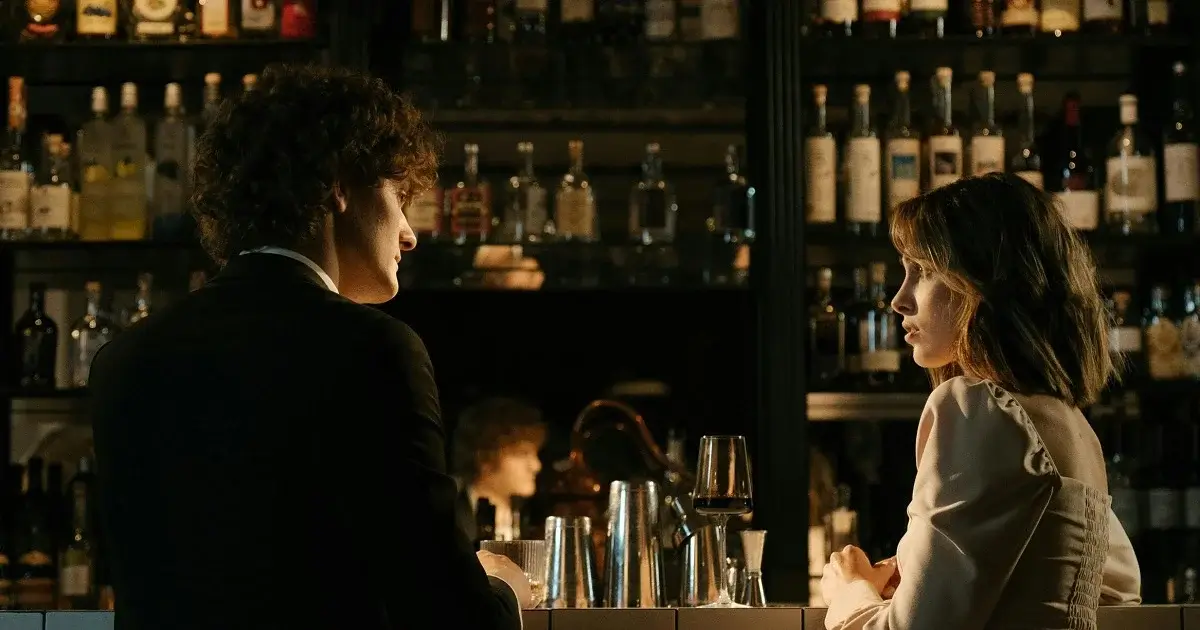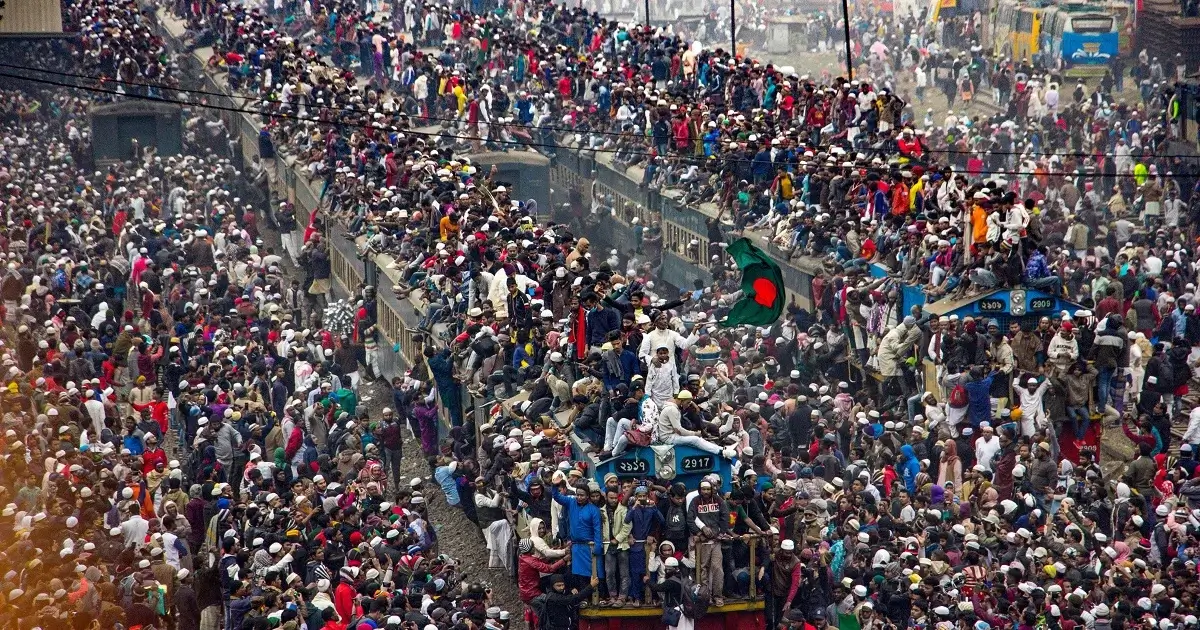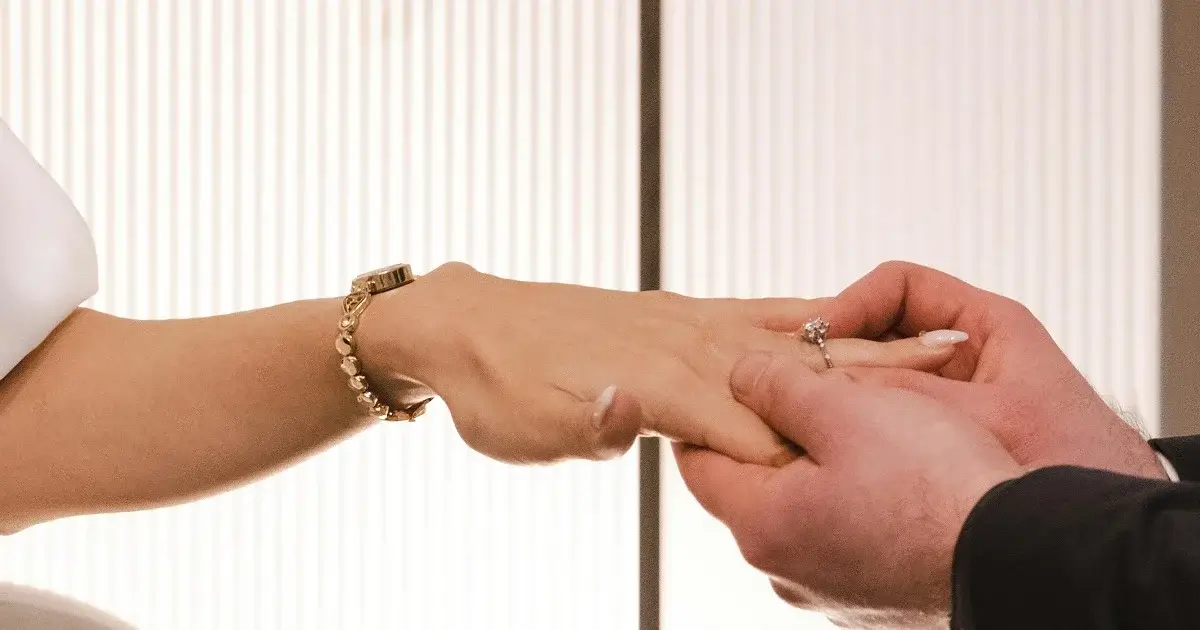Why Is Dating So Damn Hard in 2024?
Dating in 2024 is often met with frustration and disappointment. Many people express concerns that, despite the convenience of dating apps and social media, forming meaningful connections has become more challenging than ever. The ease of swiping through countless profiles can make dating feel superficial, reducing potential partners to just another face on a screen. This leads to decision fatigue and a sense of burnout, where focusing on one person amidst endless options becomes nearly impossible.

These widespread complaints, among others, highlight a broader issue: technology has transformed dating into a more transactional experience, making it harder to build real, lasting relationships. To understand why dating feels so difficult today, let’s dive deeper into the specific challenges of modern romance and explore potential ways to navigate them effectively.
Contents
1. The Impact of Dating Apps
One of the most significant changes to the dating scene in recent years is the advent of dating apps. Apps like Tinder, Bumble, and Hinge have transformed the way we meet potential partners. On the surface, these platforms appear to simplify the process, allowing users to connect with others from the comfort of their phones. However, this convenience comes with a cost.
Dating apps encourage a fast-paced, swipe-driven approach to romance. With endless profiles at our fingertips, the emphasis often shifts from meaningful connection to superficial judgments based on photos and brief bios. This focus on appearance and quick assessments can make it difficult to foster genuine relationships. Users may find themselves caught in a cycle of endless swiping, always searching for the next best option rather than investing time and effort into a potential match.
Furthermore, the algorithms that power these apps are designed to keep users engaged, often at the expense of real connection. By continually offering new matches, these platforms can create a sense of FOMO (fear of missing out), leading users to question their choices and hesitate to commit. This constant availability of new options can make it challenging to settle down, as there’s always the possibility that someone better is just a swipe away.
2. Sensory Overload and Decision Fatigue
The sheer volume of choices available on dating apps contributes to another significant issue: sensory overload. When faced with too many options, our brains can become overwhelmed, leading to decision fatigue. This phenomenon occurs when the mental energy required to make choices becomes exhausting, resulting in poorer decision-making over time.

In the context of dating, decision fatigue can manifest as difficulty in choosing a partner or feeling uncertain about whether to pursue a relationship. The constant bombardment of potential matches can make it hard to focus on one person, as the mind is continually distracted by the multitude of options. This overload can lead to a sense of paralysis, where making any choice feels daunting, resulting in a cycle of indecision and missed opportunities.
Moreover, the fast pace of dating apps doesn’t allow for the natural development of attraction and connection that might occur in traditional dating scenarios. In the past, meeting someone through mutual friends or at a social event allowed for a more gradual discovery of shared interests and values. In contrast, the immediate nature of dating apps often prioritizes instant gratification over the slower, more nuanced process of getting to know someone.
3. The Role of Social Media
Social media has also played a significant role in reshaping the dating landscape. Platforms like Instagram, Facebook, and TikTok allow us to curate our online personas, presenting only the highlights of our lives to the world. While this can be a fun way to share experiences and connect with others, it can also create unrealistic expectations when it comes to dating.
The pressure to maintain a perfect online presence can be overwhelming. People often feel the need to showcase their best selves, which can lead to a disconnect between how they present themselves online and who they are in real life. This disparity can make it difficult to form genuine connections, as potential partners may be more attracted to the curated version of a person rather than their authentic self.
Additionally, social media can contribute to the fear of being judged or rejected. With so much of our lives now publicly visible, the stakes feel higher when it comes to dating. The idea of a failed relationship or a bad date being shared or observed by others can be anxiety-inducing, leading some to avoid dating altogether or to approach it with a heightened sense of caution.
Social media also fosters comparison. As we scroll through images of happy couples, engagements, and seemingly perfect relationships, it’s easy to feel inadequate or discouraged about our own dating experiences. This constant comparison can create a sense of dissatisfaction, making it harder to appreciate the positive aspects of our dating lives.

4. The Challenge of Online Presence
In today’s world, maintaining an online presence has become almost as important as in-person interactions. Whether it’s through social media, dating apps, or other online platforms, our digital identities play a crucial role in how we present ourselves to potential partners. However, this focus on online presence can complicate the dating process.
One challenge is the pressure to manage multiple online profiles. Between dating apps and social media, there are countless platforms where we’re expected to engage and present ourselves in a certain way. This can be exhausting and time-consuming, detracting from the energy we might otherwise devote to building real-life connections.
Moreover, the online dating experience can feel impersonal. Communication through text and messaging lacks the nuance of face-to-face interaction, making it difficult to convey emotions and intentions clearly. Misunderstandings are common, and the absence of nonverbal cues can lead to confusion and frustration. The impersonal nature of online interactions can also make it easier to ghost or be ghosted, as there’s less accountability compared to in-person meetings.
5. Too Much Availability and Its Consequences
One of the paradoxes of modern dating is that while there are more ways to meet people than ever before, this abundance of options can actually make dating more difficult. The idea of “too much availability” refers to the overwhelming number of potential partners accessible through dating apps and social media. This seemingly limitless pool of options can lead to a form of analysis paralysis, where the abundance of choices makes it hard to settle on any one person.
This phenomenon can also lead to a decrease in commitment. When there’s always another option available, it can be tempting to keep searching rather than invest in a current relationship. This can result in a lack of depth in connections, as people may be hesitant to fully commit to someone when they know there are countless others they could meet with just a swipe or click.
The constant availability of new potential partners can also diminish the importance of any one connection. In the past, meeting someone special was a rare and exciting event, often leading to a strong desire to pursue the relationship. Today, however, that sense of rarity is diminished, as new matches are always just around the corner. This can make it harder to appreciate and nurture the connections we do form, leading to a more disposable approach to relationships.
6. What Can We Do About It?
Given these challenges, it’s natural to wonder if there’s anything we can do to improve our dating experiences in 2024. While the modern dating landscape is undoubtedly complex, there are several strategies we can adopt to navigate it more effectively, making the most of the tools available while avoiding their pitfalls.
One of the first steps is to approach dating apps with a clear intention. Rather than endlessly swiping, take time to really read through profiles and look for meaningful connections. Apps like TingDate are designed to encourage this approach by prioritizing deeper conversations and compatibility over superficial matches. This can help shift the focus away from appearance and towards what really matters in a relationship - getting to know each other on a deeper level.

It’s also important to manage your expectations and remember that no app or platform can guarantee a perfect match. Online dating should be viewed as one tool in the broader context of meeting people. Balancing online interactions with real-life experiences is crucial. Attend social events, engage in hobbies, and look for opportunities to meet people in person. These environments often provide a more relaxed setting where connections can develop naturally, without the pressures associated with dating apps.
Another strategy is to take breaks from the constant noise of dating apps and social media. Decision fatigue and sensory overload are real issues, so giving yourself time away from these platforms can help clear your mind and reset your priorities. During these breaks, focus on self-care and personal growth, which can make you feel more confident and prepared when you return to the dating scene.
Mindfulness is another valuable practice. Being aware of how online interactions affect your mood and behavior can help you make more intentional choices. If you find that certain apps or social media platforms leave you feeling anxious or overwhelmed, it might be time to reassess how you use them. Consider setting boundaries, such as limiting the time you spend on these platforms or being selective about the profiles you engage with.
Lastly, communication remains key. Whether online or in person, clear and honest communication is essential for building strong relationships. This includes being upfront about your intentions, expressing your feelings, and setting boundaries when necessary. Good communication can help prevent misunderstandings and ensure that both parties are on the same page, fostering deeper connections and more satisfying dating experiences.
7. Conclusion
Dating in 2024 is undeniably challenging, shaped by a combination of technological advancements, social media, and an overwhelming abundance of choices. While these changes have opened up new possibilities for meeting people, they have also introduced significant obstacles to forming meaningful relationships.
The rise of dating apps has transformed the way we connect, often prioritizing appearance and quick judgments over deeper connections. Sensory overload and decision fatigue further complicate the process, making it hard to focus on one person amidst the multitude of options. Social media adds another layer of complexity, as the pressure to maintain a perfect online presence can create unrealistic expectations and hinder genuine connections.
Moreover, the constant availability of potential partners has led to a decrease in commitment and the degradation of traditional dating practices. The emphasis on instant gratification and the fear of missing out on other options can make it difficult to invest fully in a relationship, resulting in a more disposable approach to dating.

Despite these challenges, it’s important to remember that meaningful connections are still possible. By being mindful of the impact of technology and social media on our dating lives, we can take steps to cultivate more genuine, lasting relationships. This might involve taking breaks from dating apps, focusing on in-person interactions, and being intentional about the connections we choose to pursue. While dating may be hard in 2024, it’s not impossible—and by navigating the modern dating landscape with awareness and intention, we can still find meaningful connections amidst the noise.